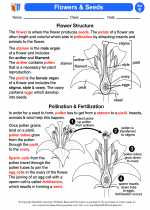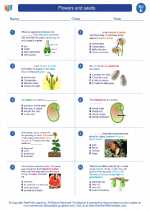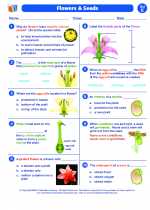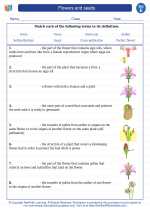Thyroid Gland
The thyroid gland is a small, butterfly-shaped gland located in the neck, just below the Adam's apple. It is a crucial part of the endocrine system and plays a major role in regulating metabolism, growth, and development of the human body.
Structure
The thyroid gland consists of two lobes, one on each side of the windpipe, connected by a narrow band of tissue called the isthmus. It is made up of many small sacs called follicles, which contain a protein called colloid that stores the thyroid hormones.
Function
The main function of the thyroid gland is to produce and release two primary hormones: thyroxine (T4) and triiodothyronine (T3). These hormones regulate the body's metabolism, affecting processes such as heart rate, body temperature, and how quickly the body converts food into energy.
Regulation
The production and release of thyroid hormones are controlled by the pituitary gland, which secretes thyroid-stimulating hormone (TSH). TSH stimulates the thyroid gland to produce and release T3 and T4, and in turn, the levels of T3 and T4 in the blood help regulate the production of TSH through a feedback mechanism.
Disorders
There are several disorders that can affect the thyroid gland, including hypothyroidism (underactive thyroid), hyperthyroidism (overactive thyroid), goiter (enlargement of the thyroid gland), and thyroid cancer. These conditions can lead to various symptoms and require medical attention for proper diagnosis and treatment.
Study Guide
- What is the function of the thyroid gland in the human body?
- Describe the structure of the thyroid gland and its location in the body.
- How are the production and release of thyroid hormones regulated?
- What are some common disorders that can affect the thyroid gland?
- Research and present a case study of a person with a thyroid disorder, including symptoms, diagnosis, and treatment options.
[Thyroid Gland] Related Worksheets and Study Guides:
.◂Science Worksheets and Study Guides Fifth Grade. Flowers and seeds

 Activity Lesson
Activity Lesson
 Worksheet/Answer key
Worksheet/Answer key
 Worksheet/Answer key
Worksheet/Answer key
 Worksheet/Answer key
Worksheet/Answer key
 Worksheet/Answer key
Worksheet/Answer key
 Vocabulary/Answer key
Vocabulary/Answer key
 Vocabulary/Answer key
Vocabulary/Answer key
